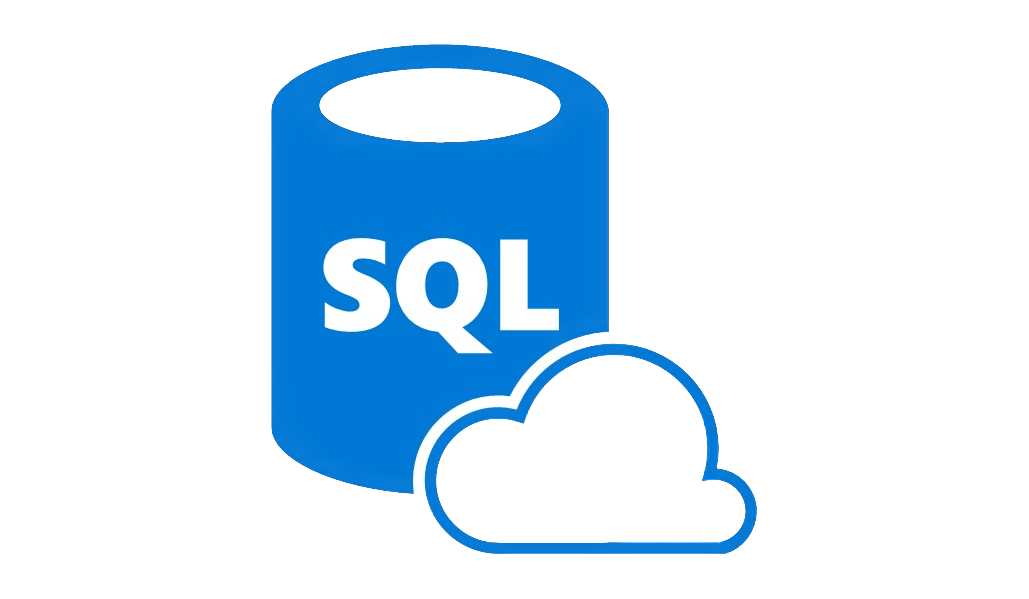Your web browser is out of date. Update your browser for more security, speed and the best experience on this site.
How even smaller companies can make use of MS SQL
Those looking to utilize Microsoft SQL often have to dig deep into their pockets. Fortunately, its smaller sibling, Azure SQL Database, offers a good and scalable alternative.
Companies aiming to gain a competitive edge recognize that data is the fuel powering their engine. Information about customers, materials, and devices, among other things, is crucial for developing applications that propel your business forward and simplify work. Therefore, it's important to manage this data effectively by using a relational database management system. Companies use such a system to store, manage, or retrieve data from various applications.
Oracle Database and IBM's Db2 are two major players, but one of the most popular systems is Microsoft SQL Server (MS SQL), which has been around for over 30 years. It employs a variant of Structured Query Language (SQL) specific to Microsoft, called Transact-SQL (T-SQL).

A SaaS Solution
Because MS SQL is capable of processing very large amounts of data, it is particularly useful for large enterprises. However, the prices reflect this capability and can quickly amount to several thousands of euros per year. In recent years, Microsoft had good news for smaller businesses as it introduced a SaaS solution for its database management system.
This service, called Azure SQL Database, operates in the cloud. As a result, it offers high availability, flexible scalability, automatic backups, and software updates. Companies no longer need to invest in hardware or infrastructure to host their applications, allowing them to save costs. Azure SQL Database is as reliable and scalable as the on-premise version of MS SQL and can support a variety of applications and workloads. Yes, even critical applications that require high availability and disaster recovery.
Thanks to Azure SQL Database, users can scale their databases up and down as much as they want without needing additional hardware or infrastructure. It is highly cost-effective because you only pay for the resources you use. This allows you to respond to opportunities much faster, and with automatic backups, replication, and failover, you can be sure that your data is always secure.
The Features of MS SQL
When comparing MS SQL and Azure SQL Database, we notice that both are capable of efficiently processing large amounts of data. They both offer various features to aid in this regard.
For example, MS SQL's in-memory OLTP provides the ability to place certain tables and stored procedures in memory. This leads to significant performance improvements for workloads with high transaction rates and concurrent users. Columnstore indexes, storing data in columns, further enhance query performance for analytical workloads.
With Always On availability groups, it is easy to access your data and retrieve it in case of emergencies. The risk of mishaps is further reduced by various security measures, such as row-level security, dynamic data masking, and encryption.

Typical Azure SQL Database
Azure SQL Database goes a step further and offers several specific features that are not available in the traditional on-premise version of Microsoft SQL Server. For instance, Azure SQL Database provides built-in high availability with automatic failover to a replica in case of a failure. This ensures that the database remains available even during planned maintenance or unexpected outages.
Thanks to geo-replication, you can automatically replicate databases to another Azure region for disaster recovery purposes. This provides geographical redundancy and helps protect data against issues at a single location. Lastly, there are also advanced management tools such as Azure Portal, Azure PowerShell, Azure CLI, and Azure Resource Manager templates, which allow customers to efficiently manage their databases and resources in the Azure cloud environment.
Conclusion
While Microsoft SQL Server and Azure SQL Database have some different features, the essence of both is similar. You can relatively easily migrate databases and applications between the two environments, but one of the biggest differences lies in the business model. With its pay-as-you-go pricing and scalability, Azure SQL Database is the solution for smaller businesses looking to leverage MS SQL!
Stay up-to-date with every Insight? Sign up for our monthly newsletter!

Ayoub Boufous
